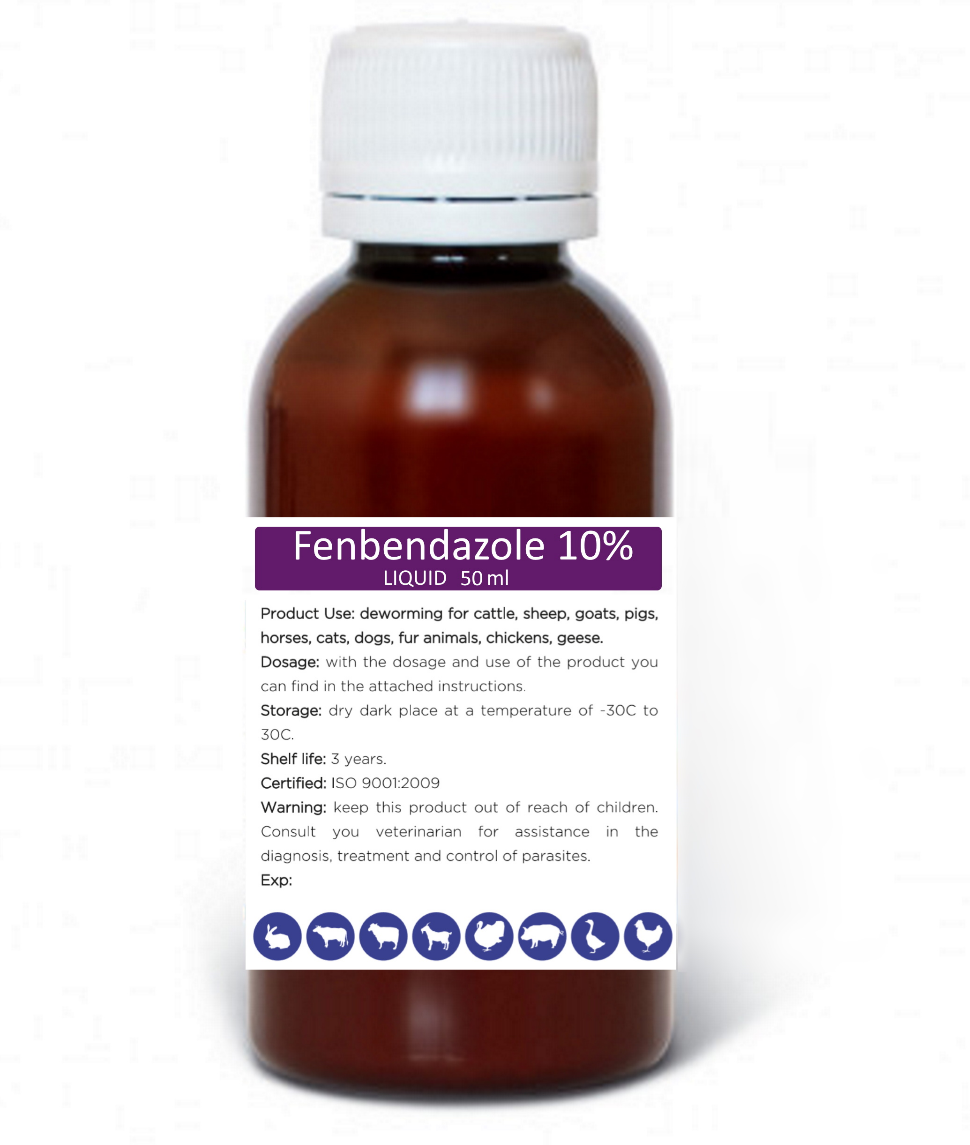Fenbendazole is an established antihelminthic drug used to treat pinworms, giardiasis, roundworms and hookworms in livestock. It also has broad-spectrum antiparasitic activity in humans. Scientists from the Panjab University have found that fenbendazole has potential to be an effective anti-cancer agent.
Febendazole induces cell death by activating p53-p21-mediated apoptosis in CRC cells. Moreover, it enhances ferroptosis and decreases the expression of GPX4.
Anti-cancer
Researchers have found that fenbendazole, an antiparasitic drug, inhibits cancer cell growth in mice. They also discovered that the drug triggers apoptosis of tumour cells. The drug also partially alters the microtubule network around the nucleus.
The drug is a member of the benzimidazole family and has been shown to block cell division by binding to beta-tubulin and disrupting microtubule formation. 2-h treatment of EMT6 cells with fenbendazole showed that the drug was not toxic to aerobic cells, even at concentrations that approach the limit of solubility.
Anti-parasitic
Fenbendazole is a benzimidazole compound with broad antiparasitic activity in various animals. It exerts its anthelmintic activities by binding to b-tubulin microtubule subunits and disrupting their polymerization. It has also been reported to have in vitro and in vivo antitumor activities in various cancer cells.
Jones’ TikTok and Facebook posts highlight an anecdotal story of a man named Joe Tippens who says he went into remission after taking fenbendazole. However, no peer-reviewed studies have found that fenbendazole can cure cancer.
Anti-infective
There is no evidence that fenbendazole kills cancer cells. In fact, the drug hasn’t been tested in humans during randomized clinical trials. It is used to treat parasites in animals, but it is not a cure for cancer.
Benzimidazoles have been shown to inhibit cell growth by binding beta-tubulin and disrupting microtubules. This effect is similar to cytotoxic anticancer drugs that target the microtubules, such as vinca alkaloids (vinblastine and vincristine) and taxanes (paclitaxel). It also activates p53 and p21 pathways and induces apoptosis through the mitochondrial permeability pathway.
Anti-inflammatory
Fenbendazole is an anti-parasitic drug used to treat worms in animals. It is also being investigated as a cancer treatment. However, there is insufficient evidence that it can cure cancer, as has been claimed on social media.
To test the effects of fenbendazole on tumor growth, EMT6 cells were grown in culture bottles sealed with rubber gaskets and needles for the influx and efflux of gases. 2-h treatments with varying concentrations of fenbendazole were assessed for their effect on cell viability and clonogenicity.
Anti-diabetic
Fenbendazole, commonly known as a dewormer, can also treat kidney cancer. It works by interfering with the formation of microtubules, a protein scaffold that gives cells shape and structure. It also boosts the production of p53, a gene that kills cancer cells.
Although fenbendazole slows tumor growth in cell cultures and animals, there is no sufficient evidence that it can cure cancer. Further research is needed before fenbendazole can be recommended for use in humans. A randomized controlled trial would be the best way to test its effectiveness.
Anti-hypertensive
Fenbendazole is a drug commonly used to treat parasites and worms. It is also the main ingredient in the Joe Tippens Protocol, a treatment for cancer. It is available as oral granules or liquid suspension and is taken on a daily basis.
It interferes with the formation of microtubules, which form the protein scaffold that provides shape and structure to cells. This causes apoptosis in cancer cells. In addition, fenbendazole activates p53 and p21 and inhibits glucose metabolism.
Anti-psychotic
While fenbendazole has been shown to kill parasites in cell cultures and mice, there’s no evidence it can cure cancer in humans. Joe Tippens, a man with cancer, claimed that taking fenbendazole and other supplements cured his disease, but his anecdotal evidence isn’t scientifically valid.
The drug works by interfering with the formation of microtubules, a protein scaffold that gives cells their shape and structure. Textbook depictions of cells often resemble bags of liquid, but they’re actually dynamic structures that are assembled and disassembled when the cell needs to change shape or move through narrow spaces.
Anti-tumor
Research shows that fenbendazole can kill cancer cells by collapsing their structures and starving them of energy. This is similar to how it works against parasites, by cutting off their supply of nutrition.
A cancer patient named Joe Tippens claimed he was cured of lung cancer by taking fenbendazole, along with other supplements. However, this claim is false. There is no evidence that anthelmintic drugs, which are used to treat parasites in animals, can cure cancer in humans.fenbendazole cancer treatment
